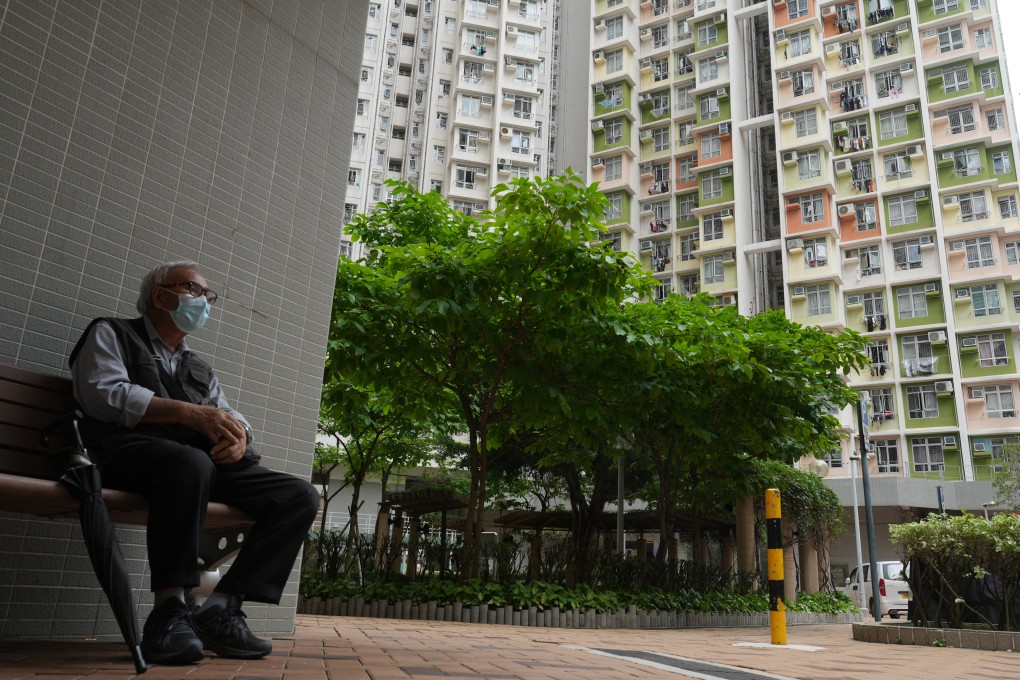Opinion | Hong Kong must stop letting the well-off hog public rental housing
- Generous income limits and rent subsidies mean well-off households are occupying public housing, forcing the poor to rent from the cutthroat private market. This needs to change

First, the number of households eligible for public rental housing is far too high. For households of up to six people, we calculate that the income limit has increased by 35-60 per cent in real terms since 2006. As a result, the pool of eligible residents has become much larger. In 2006, 34.6 per cent of the population had incomes that qualified them for public rental housing; by 2021, 43.5 per cent qualified.
Second, the rent subsidies are far too generous for well-off tenants. The government offers public rental flats at around HK$2,000 a month, with higher-income tenants having to pay more. But consider this: a non-elderly family of three with a stratospheric household income of HK$100,000 (US$12,800) a month would still only pay double the rent, or around HK$4,000.
Given that the market rent is HK$10,000 or more, this is a massive subsidy of 60 per cent. And such rich public tenants can enjoy this until their household income exceeds HK$124,000 – five times the limit for public rental applications.


